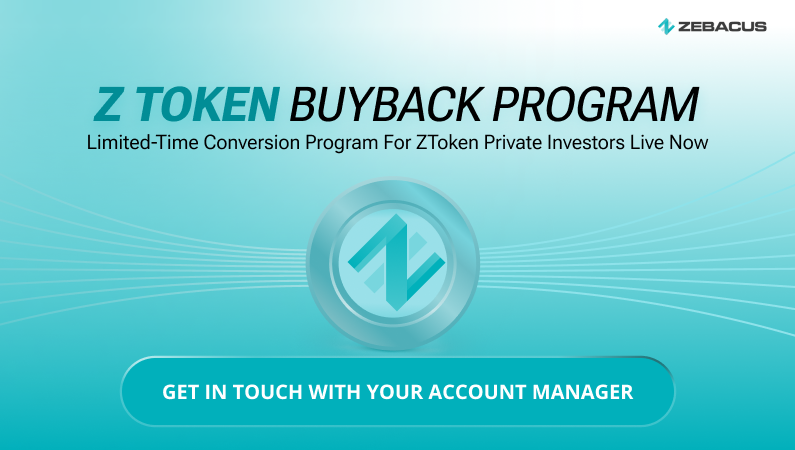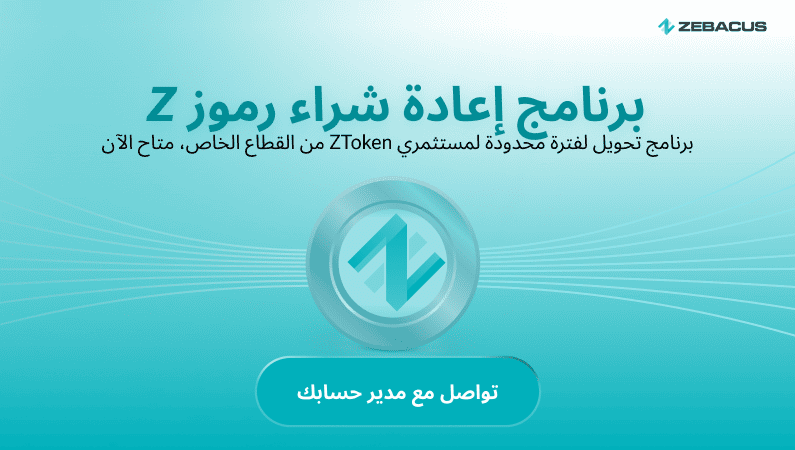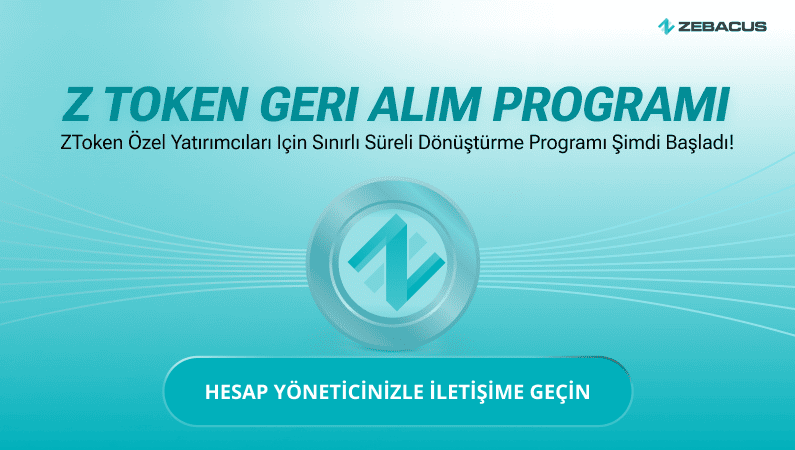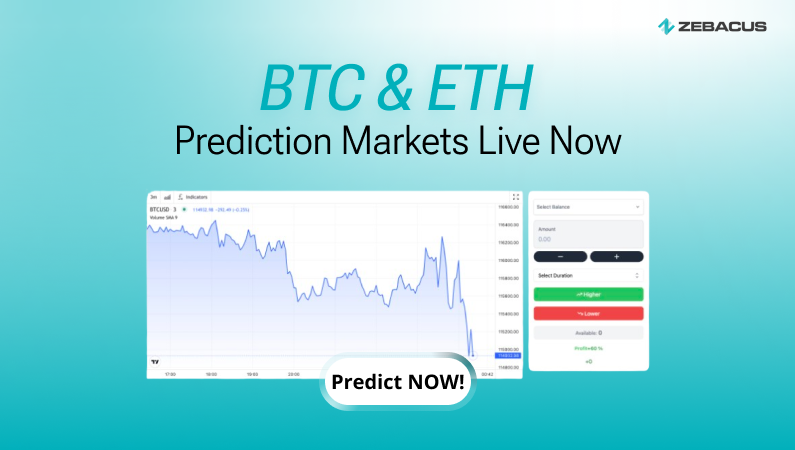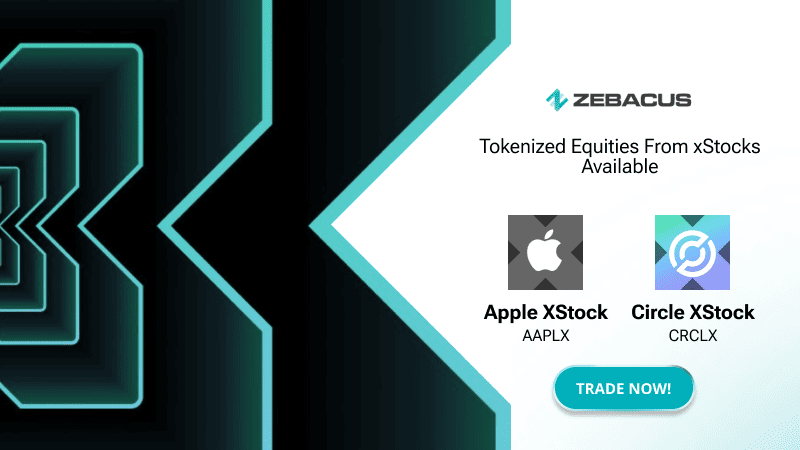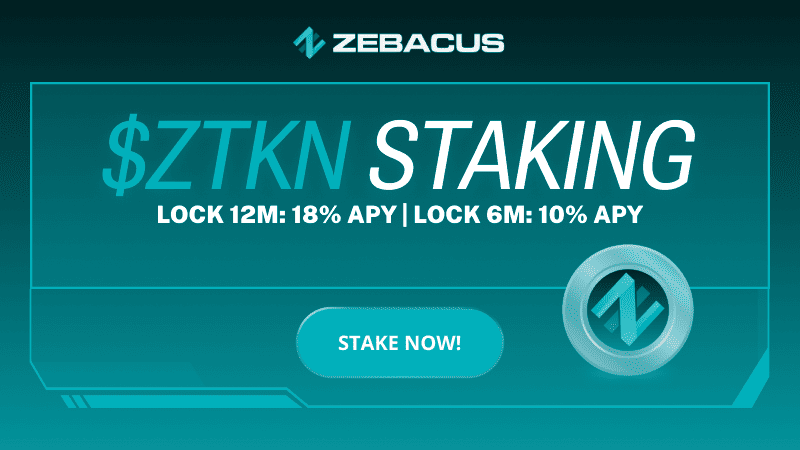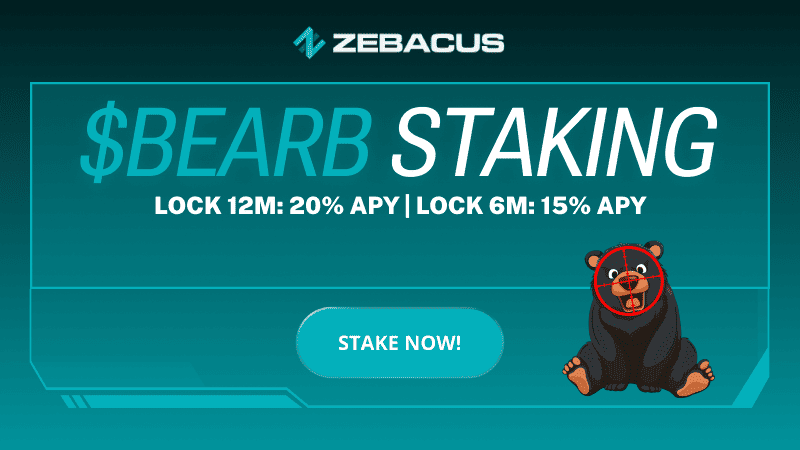Debating Dencun: Will Ethereum's Big Update Help or Harm the Network?
While Ethereum's rollup-centric roadmap could help the ecosystem reach new levels of scale, some developers think relying on third parties to improve access to Ethereum could backfire.
By Sam Kessler, COINDESK
Ethereum's biggest update in over a year, Dencun, finally arrived on Wednesday after years of planning. It's seen as a good thing. But maybe not universally so.
Proto-danksharding, the main change coming with the Dencun update (a portmanteau of two simultaneous updates: "Deneb" and "Cancun"), marks Ethereum's first step down the road of "sharding," a method for increasing the chain's transaction capacity by adding new lanes to its proverbial blockchain highway.
The feature is specifically aimed at reducing fees for layer 2 "rollup" networks – chains like Optimism, Arbitrum and Coinbase's Base network that run on top of Ethereum and offer users the ability to transact for cheap without leaving the ecosystem entirely.
While many developers are celebrating Dencun for its potential to accelerate Ethereum towards improved affordability, others worry that it risks setting the ecosystem down a path that could, in the long run, come back to bite it.
"The Dencun upgrade is Ethereum’s response to clear needs for greater scalability," Rich Rines, an initial contributor at Core DAO, which develops blockchain infrastructure, said in a message to CoinDesk. With Dencun, Ethereum is "focusing on empowering Layer 2 solutions," but "questions remain whether this is a long-term fix."
Proto-danksharding
Ethereum has higher fees than many competing networks and has struggled as a result of that. Dencun doesn't do much to address the issue – at least not directly.
"Ethereum is not planning on bringing down fees for its users, and that's a reality that people need to understand," Christine Kim, vice president of research at crypto investment firm Galaxy Digital, told CoinDesk.
Instead of bringing down Ethereum's gas fees, which could take years to plan and implement, the network's co-founder, Vitalik Buterin, has been among the leading voices to push the network towards a "rollup-centric" roadmap that places the onus of scaling primarily into the lap of third-party layer-2 networks.
Proto-danksharding is the first big step towards this vision – optimizing the network to better accommodate rollups, which have steadily grown to surpass Ethereum in overall transaction volume. The feature works by introducing "blobs," which are a new data structure that layer-2 rollups can use to post data back to the base Ethereum chain.
"We're increasing supply significantly for exactly the type of data that rollups need, and also the type of data that's not really useful for any other applications on L1," explained the Ethereum Foundation's Tim Beiko, who leads Ethereum's biweekly "All Core Devs" calls and helped coordinate the Dencun upgrade. "This creates much more room for them to post their data, and therefore lowers the fees."
Dencun is both the most complex fork we've shipped since the Merge, and tied for "most total EIPs in a fork" with Byzantium. There were more teams than ever involved in the process, and it somehow all worked out smoothly...! Grateful to work with all of them, onto the next one?!
— timbeiko.eth ?? (@TimBeiko) March 13, 2024
Fears of fragmentation
While pushing users towards cheaper layer-2s can help make the Ethereum ecosystem more accessible, some developers warn that embracing third-party networks could backfire – fragmenting the Ethereum ecosystem, and diluting its primary use-case as the premier blockchain "settlement layer."
"The natural outcome of wanting to push users from Ethereum to other L2s means that you are ceding your dominance as a general-purpose platform for general purpose compute," said Kim. "You're saying that other protocols should do that responsibility of general-purpose computation."
"While L2s are supposed to service the base layer, their proliferation may compete with the base layer for resources such as fees, developers, and liquidity," said Rines. "If the bulk of transactions take place on L2s, the economic incentives upholding the L1 may be diluted as validators’ fees evaporate. Furthermore, reliance on L2s could also fracture activity, weakening the cohesion and interoperability of the Ethereum ecosystem."
In the interview Tuesday, Beiko waved away the fragmentation concerns. Developer fragmentation, according to Beiko, is "more a feature than a bug." "Different people being able to deploy different types of rollups and experiment with that is hugely valuable," he said.
Ethereum rollup security
But there are also concerns with the security of rollups.
Whereas rollups are ultimately designed to "borrow" Ethereum's security apparatus – bundling up transactions from users, and then passing them down to the base chain with the same security guarantees – "L2s have varying designs, so any user who wants to access the full gamut of Ethereum use-cases may need to trust numerous different blockchain rulesets," said Rines.
Not all layer-2 rulesets are created equal: Despite billions of dollars in transaction volumes, all of today's biggest rollups have "training wheels" – things like centralized sequencers or non-existent proof systems that rely on user trust to operate.
The training wheels help keep down fees and protect users from certain kinds of bugs, but they place the rollups out of step with key Ethereum values like decentralization and permissionlessness. "Rollups today are definitely not as secure as Ethereum L1 for a bunch of reasons," said Beiko. "It does fall on us as a community to educate people around that."
As users become more comfortable transacting on compromise-laden layer-2 networks, there's concern that Ethereum's decentralization-purist pitch might hold less sway.
But according to Beiko, a shift towards cheaper networks may be inevitable, and Ethereum is simply adapting to reality.
"I don't think it's Ethereum's role to dictate how the whole market structure should evolve," he said. "I'm glad there's just more options for users."
#Ethereum's Dencun Upgrade is expected to be completed in just a few hours.
— CoinDesk (@CoinDesk) March 12, 2024
But what is it? CoinDesk's @danielgkuhn explains, of course. https://t.co/ajijw9JcqR pic.twitter.com/FH9uJRbaDq

